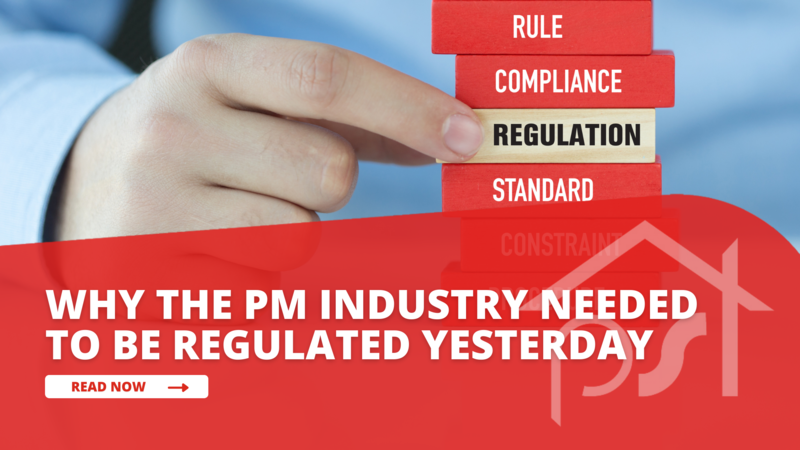
Why the PM Industry Needed to be Regulated YESTERDAY!
After nearly 5 years of advocacy from various institutes, and a consultation process the government has outlined a new regulatory framework for the regulation of the property management industry.
Under the proposed framework, residential property managers will soon need to be registered, trained, and licensed. Complaints and disciplinary matters will also be dealt with through the same regulatory framework.
What does this mean?
With 42% of rental properties in New Zealand being managed by residential property managers, the new regulatory framework is good news - not only for investment property owners and tenants but also for contractors and property managers themselves. However, it’s important to note that DIY landlords, who currently manage around 60% of New Zealand’s rental stock, have been excluded from regulation. Whilst many DIY landlords are great at managing their rental properties, until the government changes its approach, we will inevitably continue to hear tenancy horror stories once property manager regulation comes into force.
Despite the above oversight, the proposed framework marks a long-overdue turning point for the NZ property management industry which needed to be regulated YESTERDAY! Here are a few reasons why:
1. Tenants and landlords suffer from unprofessional service
The current lack of regulation means property managers do not have to hold themselves to any level of standards or follow any specific rules. They also don’t have to be qualified. As a result, we’ve seen evidence of both landlords and tenants suffering from unprofessional service consisting of mistakes, and incorrect advice. Landlords have been left thousands of dollars out of pocket, and tenants have had to put up with poorly maintained properties because they aren’t comfortable raising issues with their property manager who rarely addresses their concerns.
2. Real estate agents are regulated, why aren’t property managers?
For a long time, property management has fallen under the umbrella of real estate services. Real estate agents must be licensed and adhere to a list of responsibilities and Code of Conduct under the REAA. To keep them accountable, there are fines and sanctions if standards are broken. However, unlike real estate agents (who were regulated back in 2008), property managers hold positions that carry immense responsibility, without accountability.
In the current environment, property managers can opt-in to become accredited via the likes of the Residential Property Managers Association (RPMA®). These institutes set standards for property managers to adhere to however, property managers are not currently required to be registered.
3. Property Managers hold positions of power and influence
Would you trust $1 million dollars with a dodgy, unregistered bank? No. Property managers hold positions that carry immense power, influence, and responsibility. They are responsible for handling thousands upon thousands of dollars - both in terms of rent collection AND in the care and management of the investment property itself. Amongst other things, they hold the keys to the house, collect thousands of dollars of rent per week, and until recently have had access to personal financial information about tenants. Yet, they don’t have to hold themselves to any professional standards. They don’t even have to keep payments in a separate trust account or carry indemnity insurance. Yikes!
4. The lack of regulation jeopardises the reputation of good property managers
A good property manager is worth their weight in gold. They juggle everything from tenant screening and maintenance requests to arrears management and staying up to date on the latest government legislation and regulations. The time, money, and hassle a good property manager saves a property owner is priceless. However, the lack of regulation means too many bad property managers exist. We’ve all heard the horror stories. One poor experience with a bad property manager can result in landlords being hostile and pessimistic towards other property managers.
5. Some private landlords are ill-advised of their compliance requirements
Private landlords can be great at managing their residential investment properties - in fact, many are! However, they tend to be poorly advised that they are required to comply with the Residential Tenancies Act (RTA) and other legislation. Lack of compliance can lead to messy Tenancy Tribunal hearings and landlords losing thousands of dollars to fines. Part of a property manager’s job is to know the rules and legislation landlords must comply with, but there is no requirement for property managers to undertake any specific training or hold themselves accountable for any incorrect advice.
The bottom line...
Whilst regulation of the industry won’t 100% remove the bad property managers from the ranks, it will significantly improve the quality and reputation of the industry.
